10 Interesting Historical Facts About Carl von Clausewitz
This Prussian soldier and intellectual may be one of the most important strategic military thinkers the world has seen, but that doesn't mean you know any interesting historical facts about Carl von Clausewitz.

Carl von Clausewitz is an incredibly important military thinker that lived between 1780 and 1831. His book, On War, details his thinking about military strategy and military theory, and has been since been used as a model for strategic thinking in all walks of life. To understand the mechanism behind the machine though, one must look into the man. Who was Carl van Clausewitz? What makes his work so revolutionary? What interesting historical facts about Carl von Clausewitz influenced his work? And maybe most importantly, how has his legacy lived on?
1. He only lived until he was 51, but he achieved a great deal.
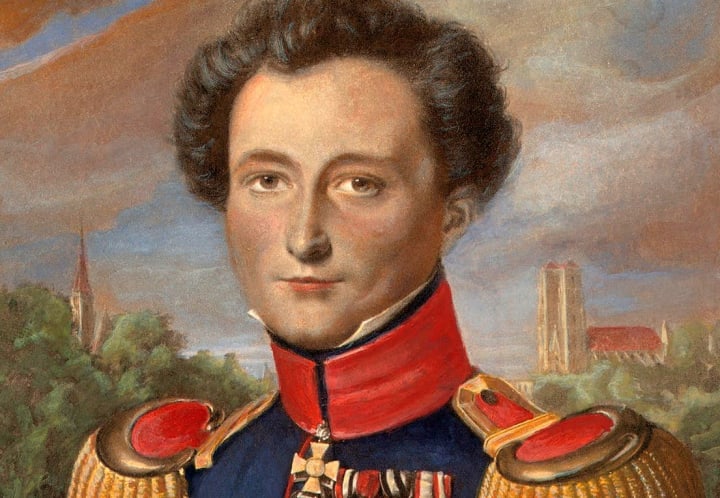
Carl Phillip Gottfried von Clausewitz lived from 1780-1831 and grew up in a middle class family that would later receive noble recognition. He became a cadet at just 13 years old, and eventually became a Major General by the age of 38.
Clausewitz's magnum opus and claim to fame, On War, is now seen as the most influential work of military theory and philosophy. Despite its release in the 1830s, some argue it is necessary reading for many historians, military personnel, politicians, and business thinkers.
2. He was held prisoner in France from 1807-1808.
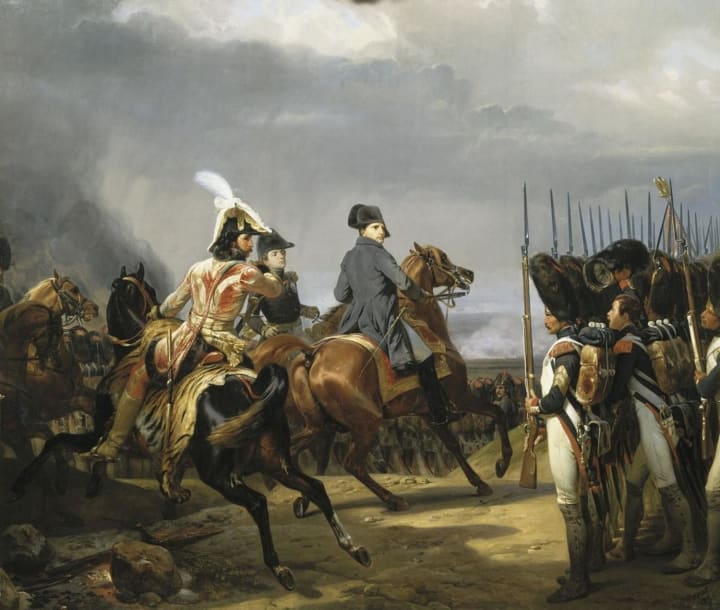
Clausewitz actively fought in the Jena Campaign, which involved two battles that occurred on October 14, 1806, between the forces of Napoleon and Frederick William III of Prussia. Clausewitz served under Prince August of Prussia during this campaign. Napoleon defeated the forces of Karl Wilhelm Ferdinand, Duke of Brunswick, at the Battle of Jena-Auerstedt. Clausewitz, aged 26 at the time, was then one of 25,000 that were captured by the French.
3. He was known as a national hero in Prussia.

After the wars of 1812-1815, Clausewitz became a national hero in Prussia. He even played a small role in the rebuilding and recovering of Prussia after it was nearly destroyed in 1806-1807 by France and Napoleon's forces. Because of this role, he became very well known in Prussia's important elite circles.
His efforts directly impacted the failure of the Napoleonic Wars and the Napoleonic Imperial Project—thereby preserving freedom throughout Europe and immortalizing the man for centuries to come.
4. At the time that it was published, and in the two centuries that have passed, On War has been attributed a degree of controversy.

On War has been credited with a level of controversy for a few reasons. At the time of its publication, Clausewitz had actually died. The book is a compilation of various drafts Clausewitz wrote that chart his intellectual growth when it came to his thoughts on war. After his death, it was compiled and introduced to the world by his wife, Marie.
Additionally, Clausewitz was a very scientific thinker, and in the time that he lived, his understanding of cause and effect, as well as his nonlinear thinking, were hard for many of his time to wrap their heads around.
Some take issue with the fact that his work, though terribly long (with 10 volumes total), only focuses on conducting military operations during times of war. In today's world, any political or military thinkers have to think about policies and structures that are already in place. Clausewitz's work brings up many issues because of its subject matter, but because it goes so in depth on this one particular point of strategy in the military, interpretations make it difficult to get clear insights from his work that can be directly applied to today's world.
Additionally, many historical figures including Hitler, Engels, and Lenin have adapted Clausewitz's work, which makes On War seem much more suspicious, especially considering he's a proponent of absolute war. The title was used a part of Nazi propaganda and (subsequently) the bandwagon effect in the Third Reich because of the controversial, polarizing belief that war is a continuation of politics and political ideologies.
5. He appears as a minor character in Leo Tolstoy's War and Peace

In Tolstoy's novel, Clausewitz appears the night before the Battle of Borodino as one of two German military officers fighting for the Russians. In the story, he rides past Prince Andrei with another officer named Wolzogen.
5. Clausewitz married into nobility.
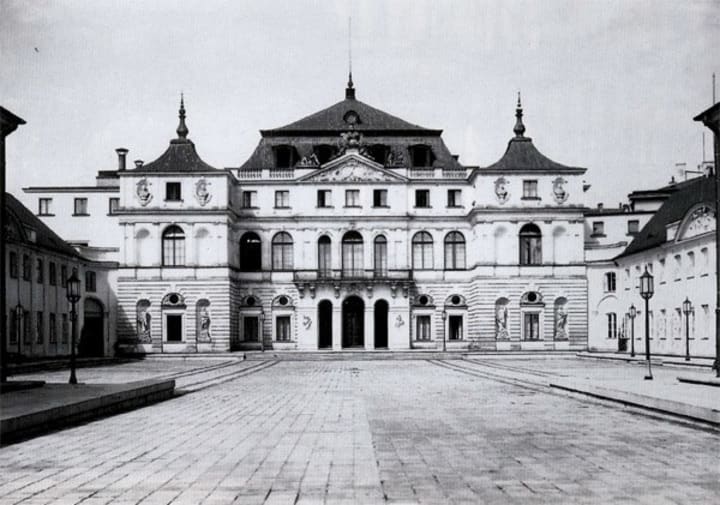
On December 10, 1810, Carl von Clausewitz married Countess Marie von Brühl. Marie was a part of the noble German von Brühl family of Thuringia, a state in Germany. Marie was not only well-educated, but she was also well-connected with Berlin's elite.
6. Countess Marie von Brühl was integral to Carl von Clausewitz's legacy.
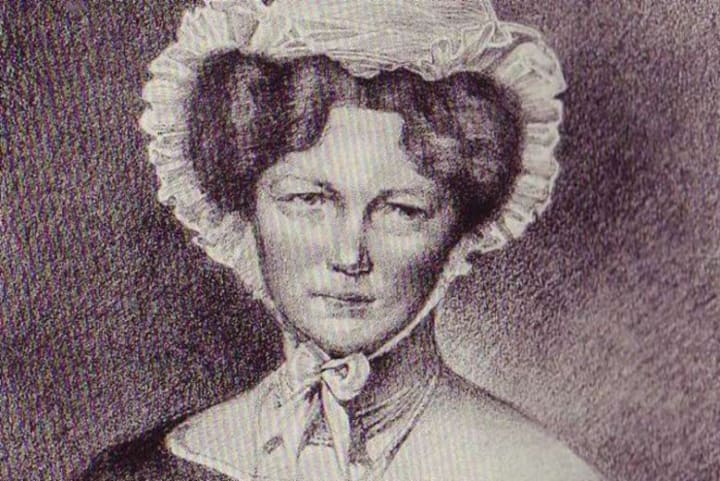
Marie von Brühl met Carl von Clausewitz in December 1803. A long period passed between their first meeting and their marriage in 1810 because von Brühl's mother disapproved of the match since Clausewitz did not come from a noble family with abundant wealth. All he had was his salary from the military service.
Despite barriers to their marriage, they were each others' intellectual equals, and were known to discuss things like politics and literature.
After Clausewitz contracted cholera in 1931 and died, Marie edited and published the books that he'd been working on.
7. Clausewitz helped negotiate the Convention of Tauroggen.

The Convention of Tauroggen is an armistice that was signed December 30, 1812, between the Prussian and Russian forces. Because of the Treaty of Paris, Prussia was supposed to support Napoleon's invasion of Russia. Clausewitz was among those who abandoned the Prussian army in order to avoid serving the French.
Carl von Clausewitz negotiated with General Ludwig Yorck while they waited for Hans Karl von Deibitsch to return from another battle, and upon the two generals signing this document, both forces were to turn against the French.
8. In 1815, Clausewitz reentered Prussian service.
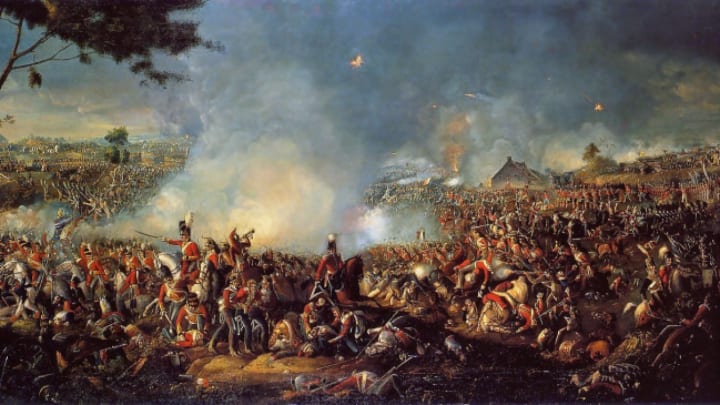
At this point, the Russian-German legion reintegrated into the Prussian Army, so Clausewitz rejoined as a colonel and was appointed Chief of Staff of Johann von Theilmann's III Corps. He served most notably at the Battle of Ligny and the Battle of Wavre during the Waterloo Campaign in this role.
9. Clausewitz's ideas are still highly applicable today because of the way he thought about military strategy.

What's most interesting about Clausewitz's On War is that he was thinking about military strategy and technology even before there were many of the weapons involved in the kind of war that he knew. When WWII, the bloodiest war in history, occurred, Clausewitz's ideologies proved more useful than many thought they would, despite the fact that they were over a century old at that point.
10. On War was the first book of its kind.

On War was so significant because prior to its publication, other soldiers had written treatises and pamphlets on specific ideas about war and its strategy. Carl von Clausewitz, on the other hand, was the first to write a sweeping philosophical examination of the nature of war at the scale that he had. It is now considered to be one of the best war strategy books ever written, and it continues to speak to Clausewitz's status as a strategist and theorist.
With these interesting historical facts about Carl von Clausewitz under your belt, you should be prepared for your next game of Jeopardy, or your next visit to a fort near the sites of the aforementioned battles. Hopefully learning about Carl von Clausewitz and his book On War has brought you a new understanding of an important military theorist involved in creating the ideologies upon which modern warfare, as well as strategic thinking, has been built.






Comments
There are no comments for this story
Be the first to respond and start the conversation.